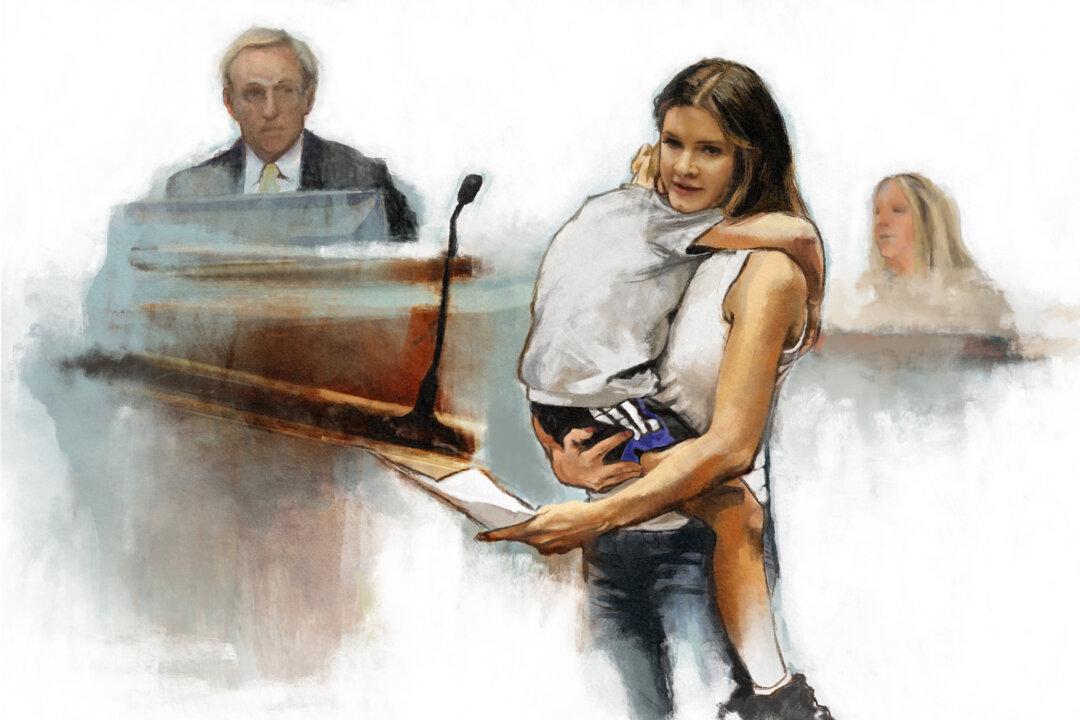Let’s say it’s the fall of 2021, and you’re the mother of a 9-year-old daughter and a 6-year-old son who attend public school. Your daughter hasn’t seen most of her classmates’ faces in more than a year, and your son daily complains that the mask is smothering him.
Along with other parents, you attend a meeting of the school board to ask the members to rescind the COVID-19 mask mandates. You speak politely to the board, sharing the research you’ve done on the physical and psychological harm masks inflict on students. You refrain from wild accusations and stand fast when a board member impugns your personal integrity.






